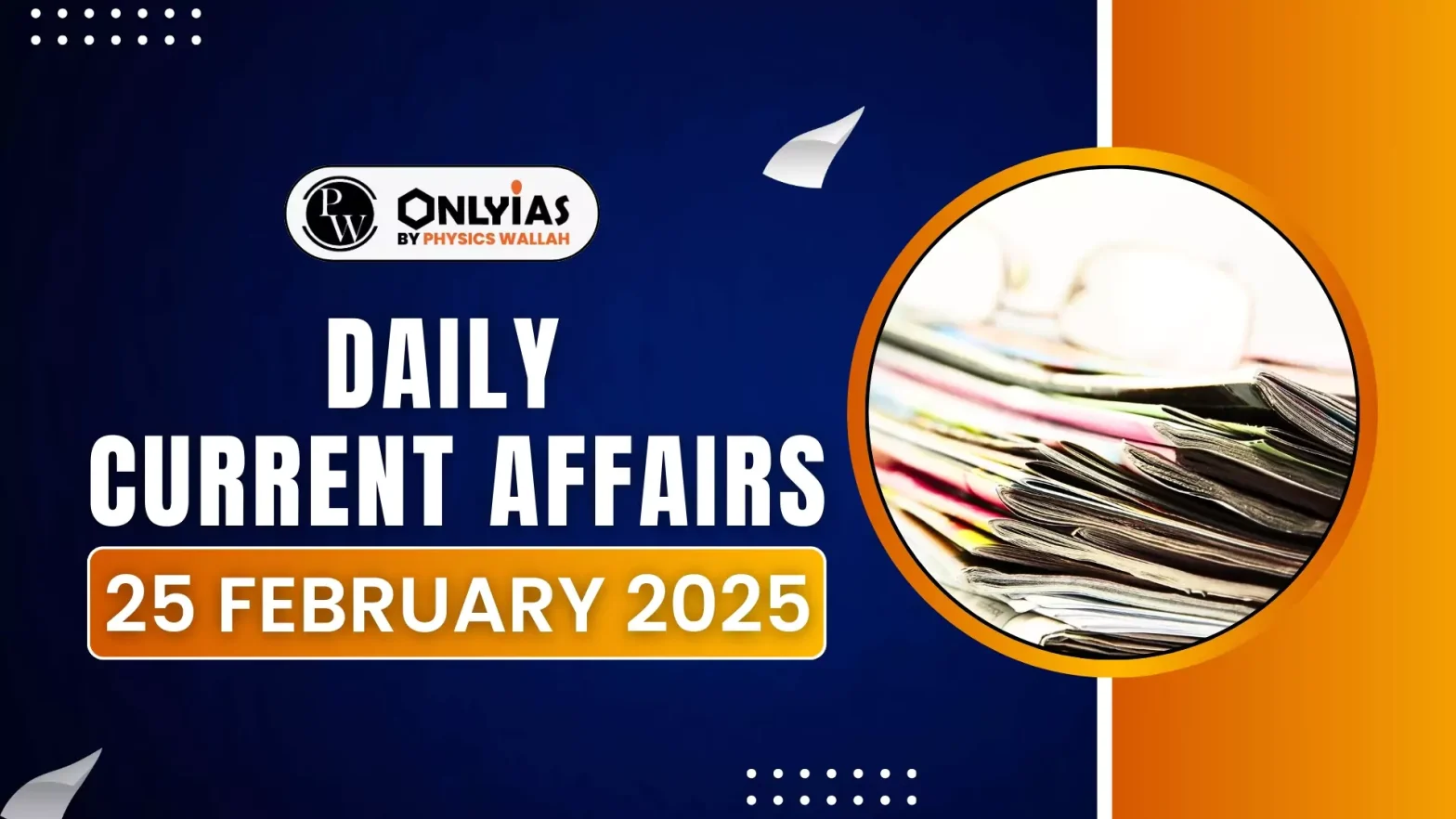![]() 25 Feb 2025
25 Feb 2025

Recently, the Vice-President of India questioned the role of Chief Justice of India (CJI) in executive appointments, including the selection of the CBI director.
| Basis | Judicial Activism | Judicial Overreach |
| Definition | Courts proactively interpret laws and constitutional provisions to address legislative or executive inaction. | Courts exceed their constitutional mandate and encroach upon legislative or executive functions. |
| Nature | Enabling in Nature | Encroaching and predatory in nature. |
| Example | Vishaka Guidelines (1997) on sexual harassment were issued due to legislative vacuum. | Striking down
National Judicial Appointments Commission (NJAC), 2015 despite parliamentary consensus |
<div class="new-fform">
</div>
